
How attackers are weaponizing open-source package managers [Q&A]
A new wave of attacks is hitting the JavaScript package ecosystem, specifically through open-source managers like NPM. Instead of malicious code hiding in the package itself, attackers now weaponize the install process. So, the code looks clean at build-time but later executes in end-user browsers, where it quietly steals data.
We talked to Simon Wijckmans, CEO at the client-side security and intelligence platform cside, to understand why this is happening and how organizations can respond.
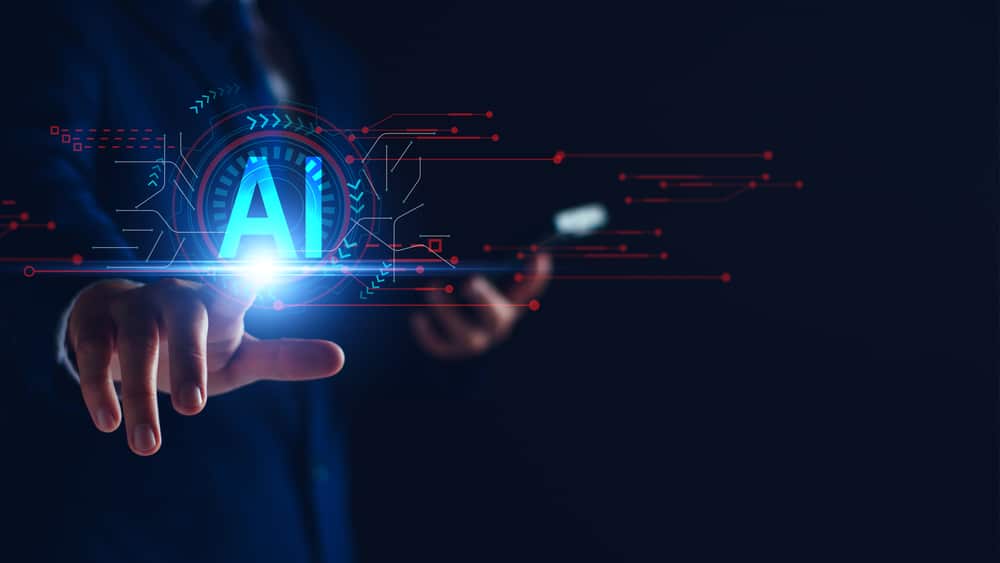
Why network issues are holding back enterprise deployments [Q&A]
While AI promises lightning-fast transformation, many organizations are running into problems when outdated, complex networks bog down deployments, forcing costly redesigns and leaving businesses waiting months instead of weeks to implement AI at scale.
We spoke to Amir Khan, CEO at Alkira, to learn why fixing the network has become foundational to unlocking real AI value.
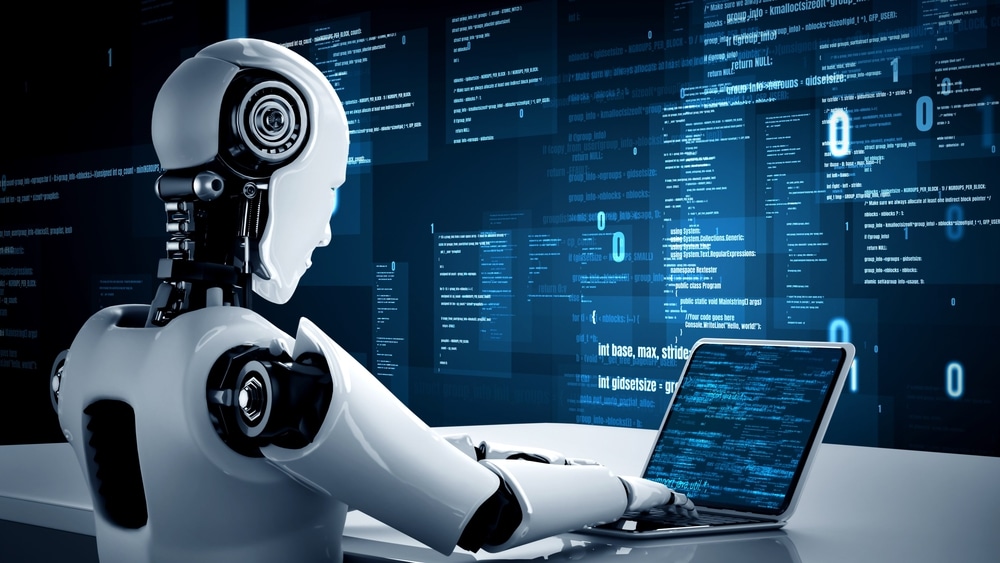
Generative AI: closing the developer gap and redefining the software moat [Q&A]
Generative AI (GenAI) is reshaping software development, closing the long‑standing gap between surging demand for new applications and the limited supply of skilled developers. But this AI‑driven leap in productivity comes with an unexpected twist: it’s also dissolving the traditional technological edge that once set companies apart.
So where does sustainable advantage come from in this new world? We sat down with Matthias Steiner, senior director of global business innovation at Syntax, to explore how enterprises can redefine their competitive edge in the GenAI era.

Why keeping old customer records could cost millions [Q&A]
The modern world thrives on data, but what happens when that data has outlived its usefulness? Legacy data can become a weak link in corporate security. These records don’t just take up space; they expand the exposure surface in a breach and can damage both finances and reputations.
We spoke with Rob Shavell, co-founder and CEO of DeleteMe, about why companies can’t afford to ignore legacy data and what they can do to address it.

How AI can supercharge fraud in the enterprise [Q&A]
The FBI reports that complaints around deepfake AI videos have more than doubled, and financial losses have nearly tripled this year.
Agentic AI is set to accelerate this process, making it even easier to commit fraud with deepfakes. We spoke to Alix Melchy, VP of AI at Jumio, to discuss the threat and how to combat it.

Data sovereignty, cloud and security [Q&A]
As more and more information is stored in the cloud, often with hyperscale providers, the issue of data sovereignty -- where the information resides and who can access it -- becomes increasingly crucial.
We spoke to Sergej Epp, CISO at Sysdig, and previously CISO at Palo Alto Networks, to explore the theme of data sovereignty, cloud and security.
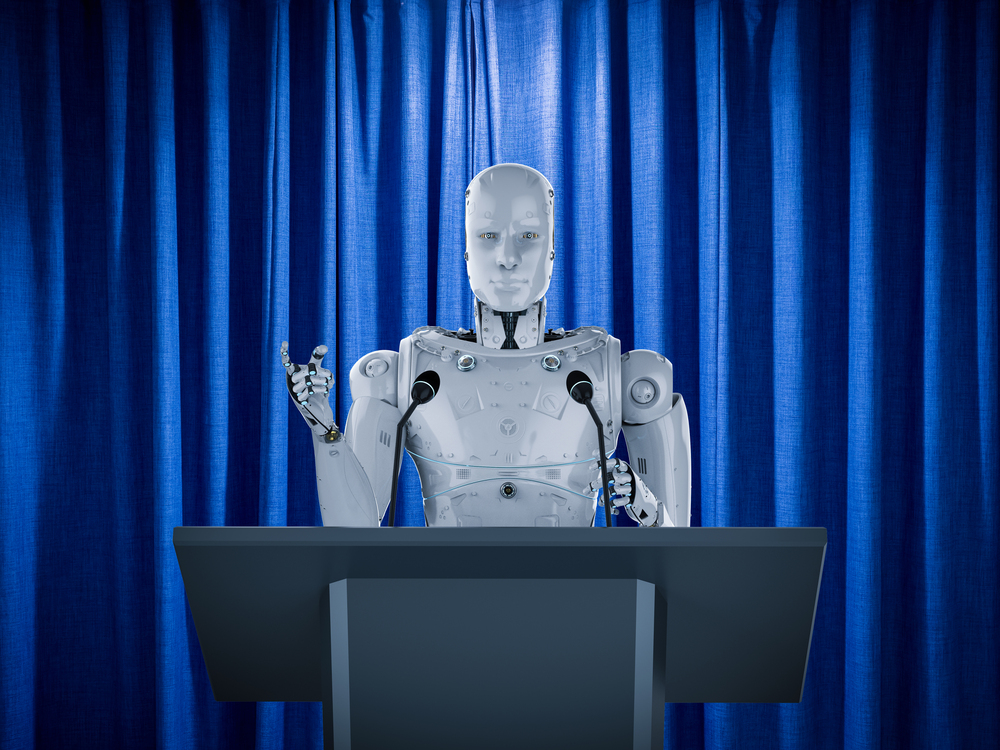
AI video tools and how they’re changing business communication [Q&A]
The use of AI video has exploded in the past year. But while it’s deepfakes that make the headlines the technology also has the potential to change how businesses create and use video content in their messaging.
We spoke to Victor Erukhimov, chief executive officer of CraftStory, to find out more about AI video and how businesses can exploit it to their advantage.

The silent danger of SSH key mismanagement [Q&A]
The recent AyySSHush botnet campaign compromised over 9,000 ASUS routers worldwide via SSH key injection. Unlike traditional botnets, this campaign flips the C2 model -- routers silently await inbound contact from the attacker, making detection incredibly difficult.
And since SSH key authentication happens after encryption is established, key usage remains invisible to most monitoring tools. Combine that with the fact that routers are critical, often unmonitored devices, and it’s easy to see why this attack is a sweet spot for adversaries.
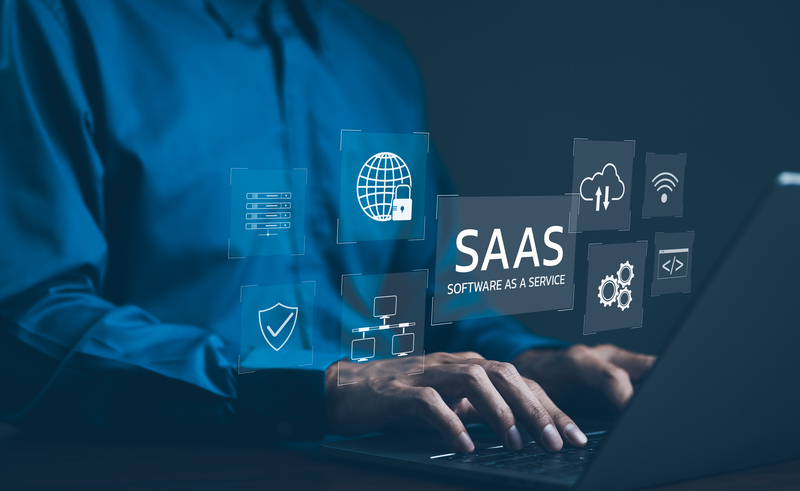
Why SaaS apps are a prime target for attackers [Q&A]
Attackers will always use tactics that are proven to work and with more business turning to SaaS for their systems obviously these apps are on the cybercriminal’s radar.
We spoke to Martin Vigo, lead offensive security researcher at SaaS security company AppOmni, to explore the reasons why SaaS apps are such fertile ground for attackers.

Governing AI where work actually happens [Q&A]
Enterprises are rushing to embrace AI copilots and browser-based assistants, but most struggle with governing how employees actually use them. Sensitive data gets uploaded, prompts leak strategy, and risky extensions run unchecked, all outside the reach of traditional network or app-layer controls.
We spoke to Michael Leland, field CTO at Island, to discuss why the UI surface is becoming the most strategic security layer as SaaS and AI copilots flood enterprise workflows.

Why silos restrict scale -- and what to do about it [Q&A]
Silos, you might think, are bit of a niche issue. They arise when old practices become entrenched, or when tools are only used by one part of the organization.
But Shannon Mason, chief strategy officer of Tempo Software, argues silos are actually a major roadblock to growth, agility, and strategic alignment. We spoke to her to find out about the hidden cost of silos and the concrete steps teams can take to break them down.

How self-governing identity infrastructure can streamline policy enforcement [Q&A]
Managing identity is one of the more challenging cybersecurity tasks and can soak up a good deal of time and resources.
We spoke to Raz Rotenberg, co-founder and CEO of Fabrix Security, to discuss the rise of self-governing IAM systems that don’t just enforce policy -- but continuously adapt, reason, and remediate access in real time.
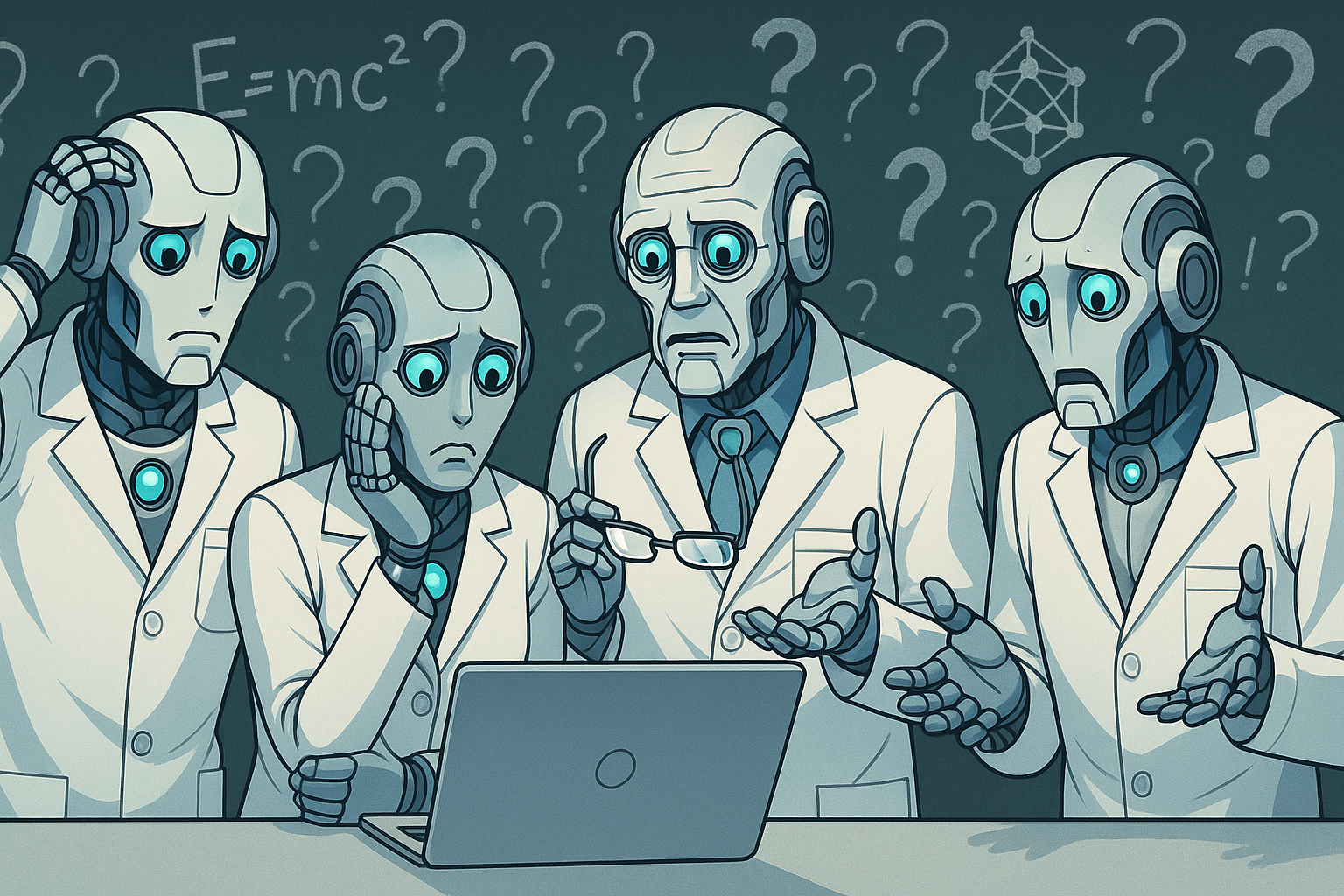
GenAI lacks the creativity to make scientific discoveries [Q&A]
Generative AI is often praised for its ability to analyze data, summarize research and even propose scientific ideas, but new findings suggest its creative limits are more substantial than many of the exciting headlines imply.
Research led by Professor Amy Wenxuan Ding of emlyon business school and Professor Shibo Li of Indiana University found that while GenAI can imitate the process of science, it cannot yet produce the imaginative leaps that drive true discovery. In their study, which you can read here, a computer simulated experiment challenged ChatGPT-4 to solve a real genetics puzzle, asking it to propose hypotheses, design lab experiments and revise its thinking as results unfolded.

Why concentrating data in AI models demands greater vigilance [Q&A]
Data that was once scattered across sprawling systems and silos -- providing natural obstacles to attackers -- is now concentrated and highly portable within AI models. This fundamental shift redefines the challenge of digital security.
We spoke to Dr. Luigi Caramico, CTO and co-founder of DataKrypto, to discuss how organizations can repond to this challenge.
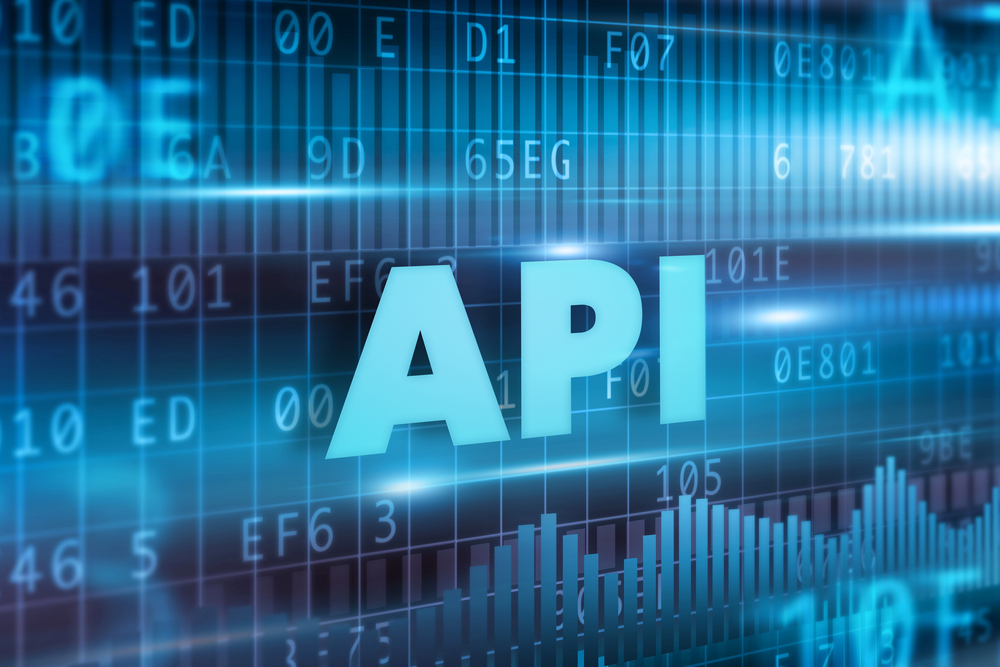
How agentic AI is set to redefine enterprise APIs [Q&A]
The use of AI across modern enterprises in recent years has accelerated, with innovation at the forefront and APIs serving as the crucial enabler behind the scenes.
Now, agentic AI, capable of autonomous actions and decision-making, but this shift exposes several gaps in API documentation, drift in specifications and insufficient safety guardrails, all of which can lead to serious implications for organizations.
